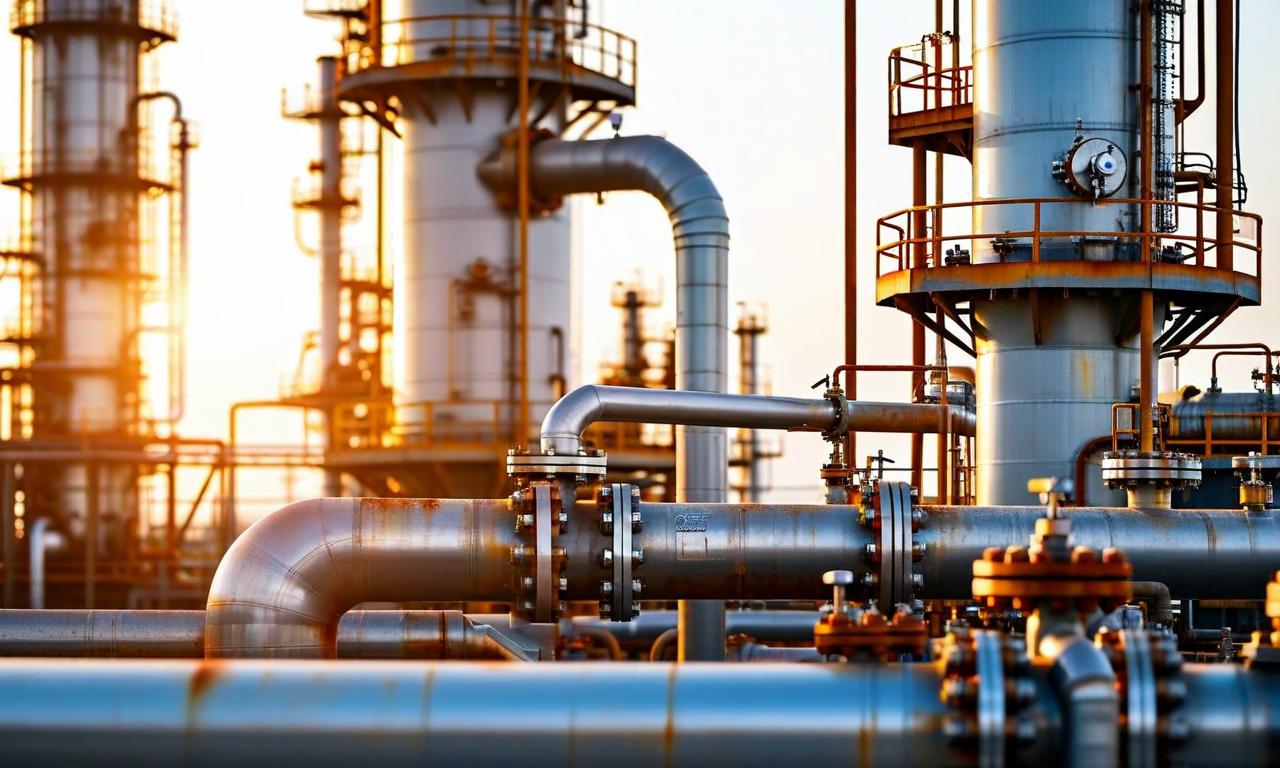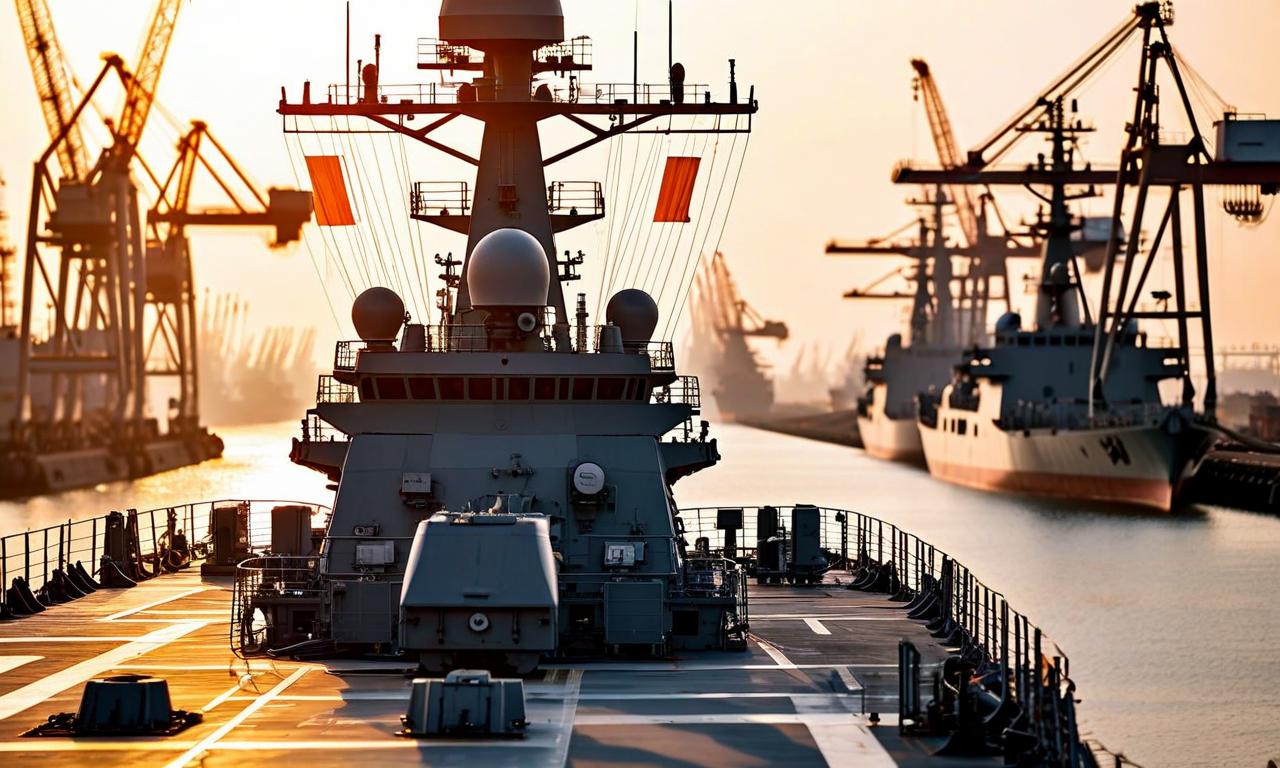Russian Official Labels Trump's New Sanctions and Summit Cancellation as 'Act of War'
The Trump administration has imposed sanctions on major Russian oil companies Rosneft and Lukoil, which account for over 50% of Russia's oil extraction. Additionally, tariffs have been placed on Indian goods, including a 25% duty on Russian crude oil purchases. In response, Russia's Dmitry Medvedev called these actions 'an act of war'. The measures could significantly impact global oil markets, especially if India, which imports 1.6-1.7 million barrels of Russian oil daily, halts its purchases. Despite the sanctions, Russia claims to have developed 'immunity to Western restrictions'.

*this image is generated using AI for illustrative purposes only.
In a significant escalation of diplomatic tensions, Dmitry Medvedev, deputy chairman of Russia's national security council, has characterized recent actions by the Trump administration as 'an act of war against Russia.' This stark statement comes in response to new sanctions imposed by the United States and the cancellation of the Budapest summit.
New Sanctions Target Russian Oil Industry
The Trump administration has announced a series of sanctions targeting major players in the Russian oil industry. These measures specifically affect:
| Company | Impact |
|---|---|
| Rosneft | Targeted by sanctions |
| Lukoil | Targeted by sanctions |
These two companies collectively account for over 50% of Russia's oil extraction, making the sanctions potentially significant for the Russian economy.
Tariffs on Indian Goods
In a move that appears to be linked to India's purchase of Russian crude oil, the Trump administration has also imposed tariffs on Indian goods:
| Tariff Type | Rate |
|---|---|
| General tariff | 50% |
| Additional duty on Russian crude oil purchases | 25% |
Potential Global Oil Market Impact
Experts warn that these actions could have far-reaching consequences for the global oil market. If India, a major purchaser of Russian oil, were to halt its imports due to these tariffs, it could lead to a significant increase in global oil prices. Currently, India purchases approximately 1.6-1.7 million barrels of Russian crude oil per day.
Russia's Response
Despite the severity of these measures, Russia appears to be maintaining a defiant stance. The country's Foreign Ministry spokeswoman stated that Russia has developed 'immunity to Western restrictions' and will continue to develop its economic potential.
Implications
These developments mark a significant deterioration in U.S.-Russia relations and could have far-reaching implications for global trade and energy markets. The situation remains fluid, and the international community will be closely watching for any further escalations or potential diplomatic efforts to ease tensions.
As this geopolitical situation unfolds, it's crucial for investors and market watchers to stay informed about potential impacts on global energy markets and international trade relations.




























